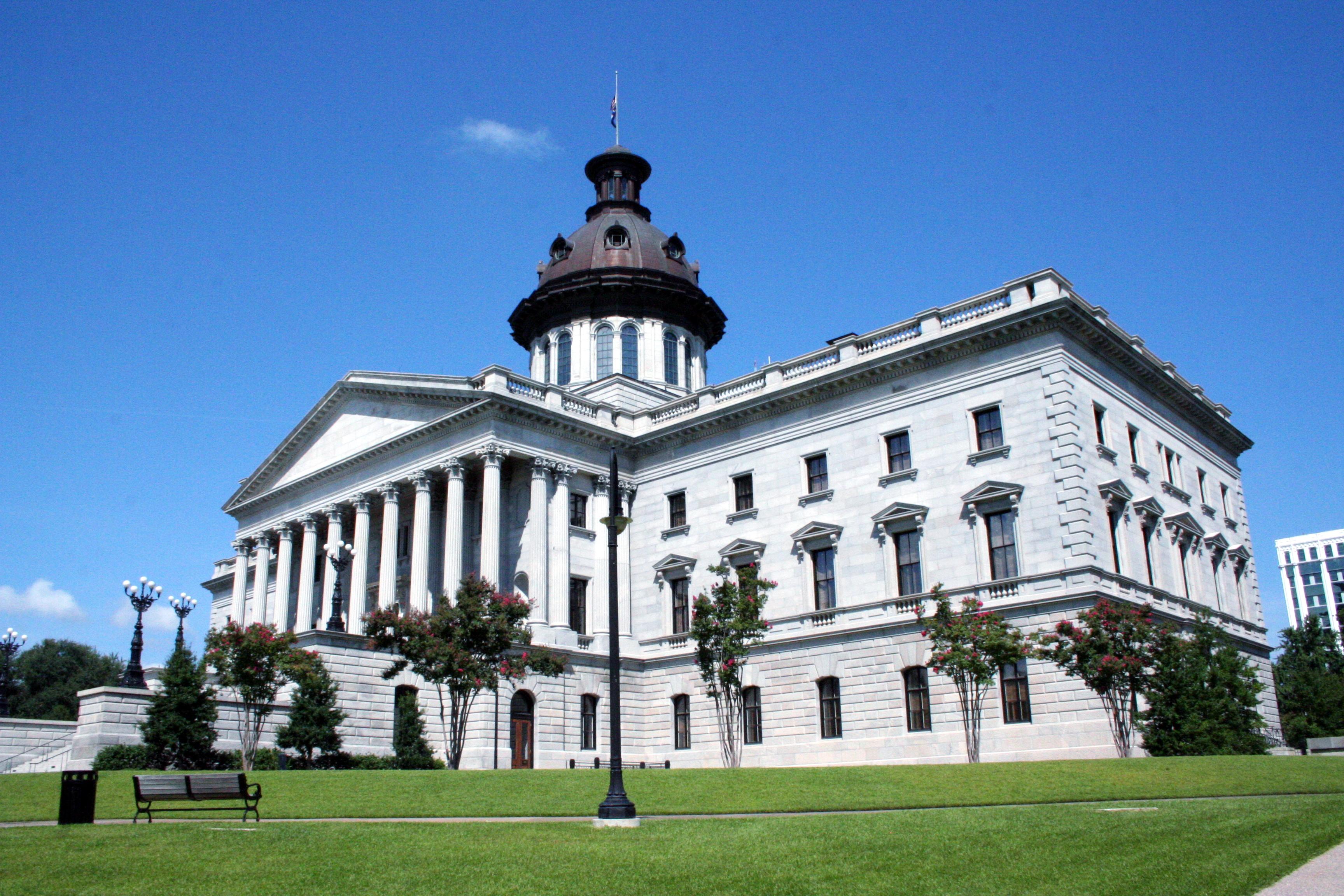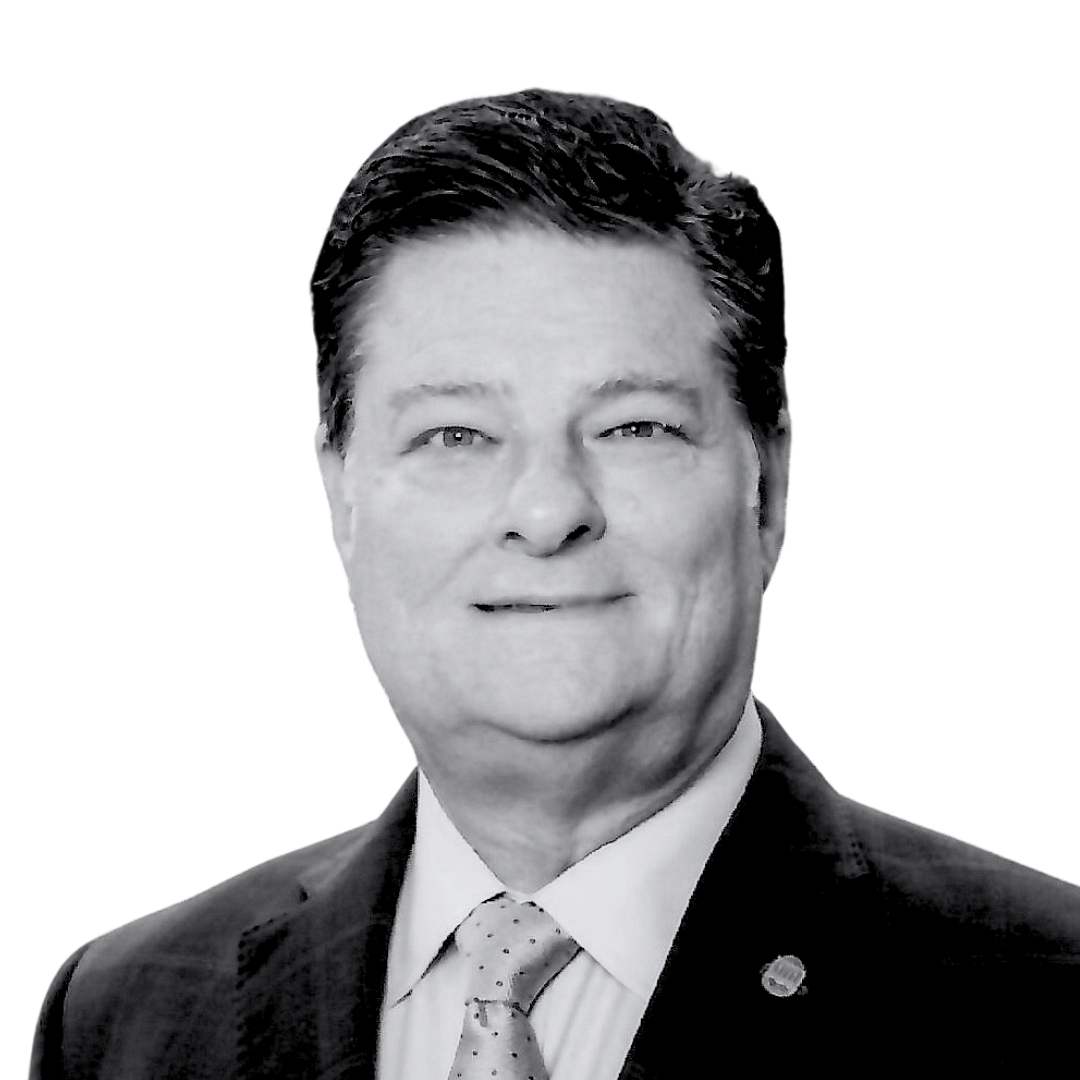End of Session Round-Up
The 122nd South Carolina General Assembly (2017-2018) is officially history.
In late June, the legislature finished their work for the year…although rumor has it that they will be back in the fall to deal with the Governor’s budget vetoes.
With the V.C. Summer nuclear debacle sucking most of the legislative oxygen out of the room in 2018, what got passed and what didn’t? Here are a few key milestones:
- Settling Santee Cooper’s Future? A Commission to study the future, including a potential sale, of South Carolina’s state-owned utility was included as a proviso in the budget. Just this week, Commission members, including the governor himself, have been appointed. Now it’s time for them to get to work.
- Relief for SCANA Ratepayers? Lawmakers rolled back most of the V.C. Summer nuclear surcharge on SCANA customers with a 15% temporary rate cut, giving the Public Service Commission (PSC) until December 31 to approve new lower rates. They also pushed back the July 12 deadline for PSC approval of a possible SCANA-Dominion merger, strengthened the Office of Regulatory Staff as watchdog and created a utility rate consumer advocate. (All of these actions are subject to Governor’s veto pen and new SCANA lawsuit in federal court.)
- Expanding Health Care Access. Provides nurse practitioners more freedom from an overseeing physician.
- Appointing the State Superintendent of Education? 3146 now sends the question of whether the state superintendent of education should be appointed by the Governor, rather than elected, to voters on this November’s ballot. We’ll have more to say on this important question in the near future.
- Exceptional SC Program Now Permanent Law. Previously a year-to-year proviso on the state budget, 4077 codified a small tuition scholarship program to help parents and caregivers of students with special needs find the best school for their student.
- Charter School Expansion. The new Erskine College Charter Institute got up and running. An ill-advised cap on new charters (House) and new regulations for higher ed charter authorizers (Senate) were dropped from the final bill.
- Mandatory Dyslexia Screening. 4434 builds on the Read to Succeed program to help identify learning challenges early and make sure every South Carolina student leaves the 3rd grade reading at grade level.
Some important work also got started, but didn’t cross the finish line:
- Direct Primary Care protections allowing monthly fee arrangements between patients and doctors for cash passed the House, but languished in the Senate.
- Education Savings Accounts (ESAs) a revolution in customized education that is sweeping states around us, had its first hearings in the Senate.
- Fundamental Tax Reform. Representative Tommy Pope’s panel jumpstarted this effort, introducing a bill to lower South Carolina’s highest-in-the-Southeast income tax. The panel also discussed how to pair Sales and Income Tax reforms to achieve maximum taxpayer freedom and fairness. The Senate and House also presented competing plans (H.5341 and S.1258) to address the “conformity” challenges created by the new federal tax cuts, but this issue has not yet been settled.
- School District Consolidation and Education Funding Reform saw their first meaningful hearings.
- Retirement System Reform. A new pension law called for public employees to pay a bit more – and state agencies (read: taxpayers) a lot more – in an effort to shore up the struggling retirement system. But sadly, the transition to a “defined contribution” plan rather than a “defined benefit” plan did not materialize this year.
Here are a few other miscellaneous items worth knowing about:
- Government Reorganization– requires governor and lieutenant governor to run on a single ticket.
- Government Transparency– closes loopholes South Carolina’s Freedom of Information Act.
- Road Funding– South Carolina’s controversial 71% increase in the state’s gas tax is being phased in at 2-cents a year until it reaches an additional 12-cents per-gallon by 2023. Meanwhile, state DOT officials put out aspirational principles, but no statewide, prioritized strategic plan to spend the new revenue transparently and efficiently.
- Child Welfare Changes – Creates a new Children’s Advocacy Department to act as a watchdog over all childrens’ services in state government.
- Combatting Opioid Addiction– Authorizes pharmacists to dispense opioid antidotes to certain community organizations. Another bill requires opioid addiction education in high school.
- REAL I.D. – Brings South Carolina into compliance with federal REAL I.D. requirements. Citizens may opt out. And vision tests are now once again required to receive a South Carolina driver’s license.
- Teacher Pay Increase – 1% across the board raises with a base pay increase for new teachers. Other K-12 education budget plus-ups include an increase in the “base student cost” as well as allowing retired police officers to come back onto the public payroll as school resource officers under the state’s TERI program.
- Good Neighbor Policy– Allows residents to contest chicken farm developments in their neighborhoods.
- Prohibiting Endless Delays– Requires judges to rule on challenged economic development projects in fewer than 90 days.
- Limiting Liquor Licenses– Restores the restriction on number of stores per liquor license to three.
- Moped Safety Act– Makes operators subject to the same violations, including DUI, as other motorists.
- Work Zone Safety Act – Strengthen penalties for those who endanger the life of highway workers.






